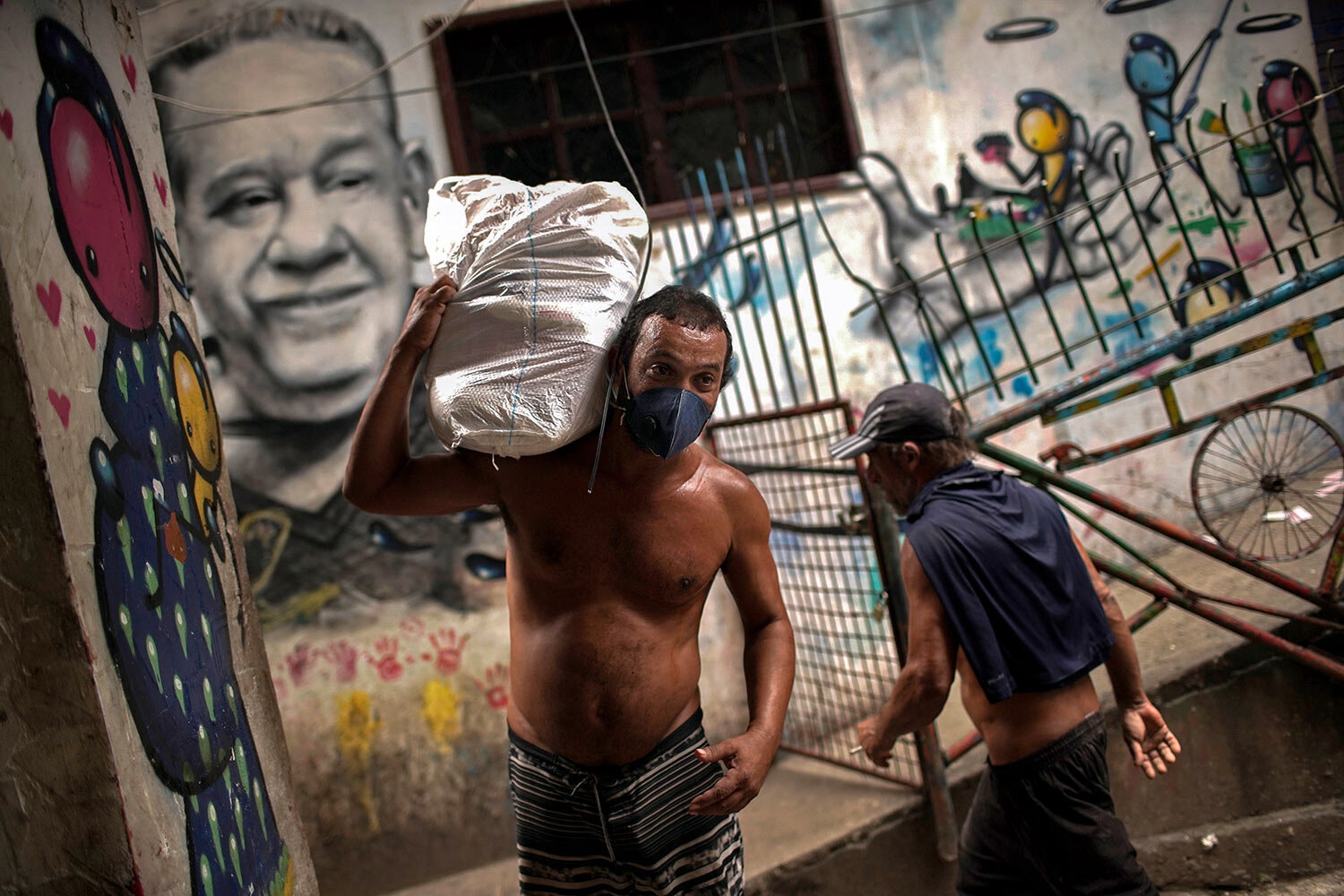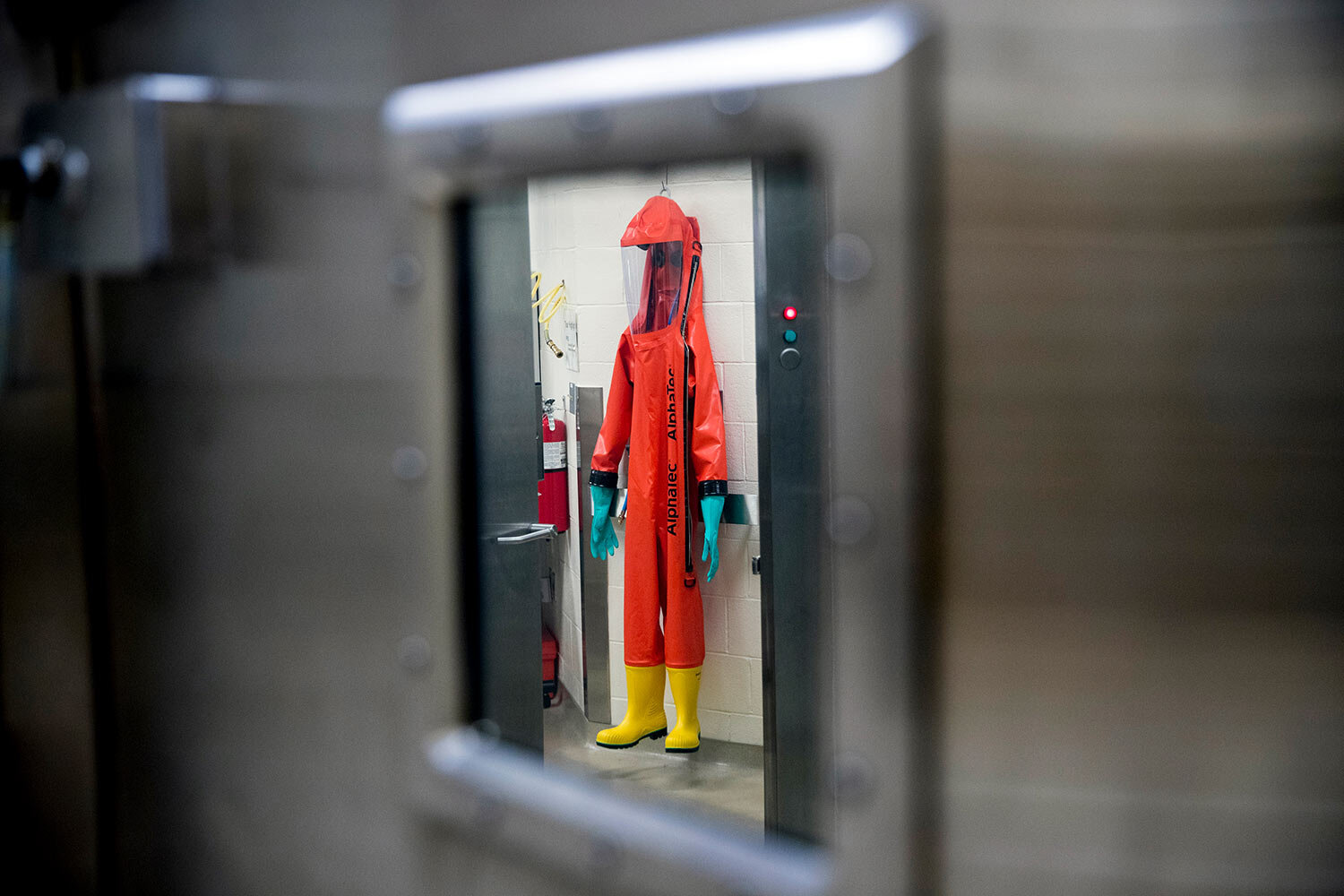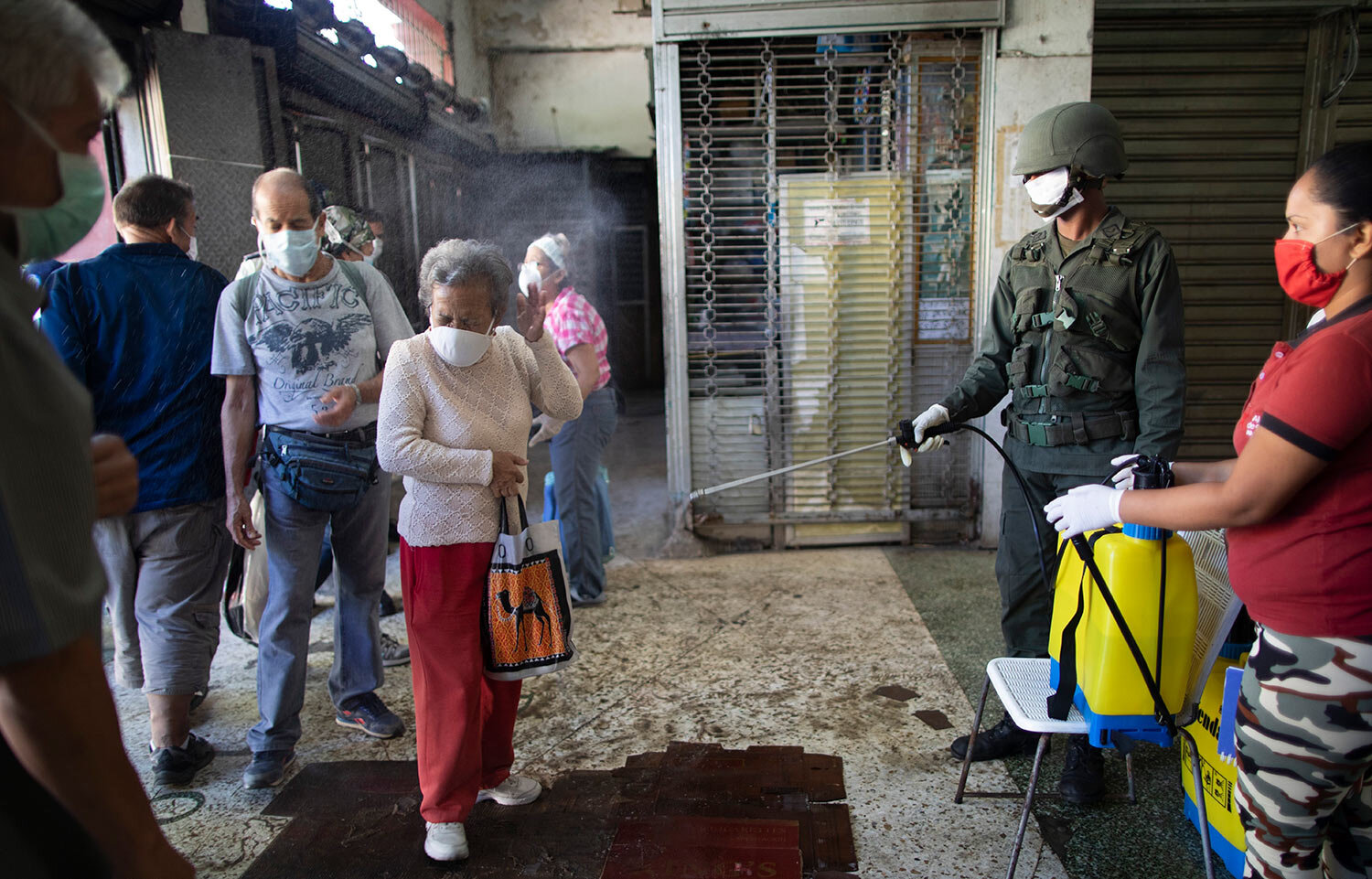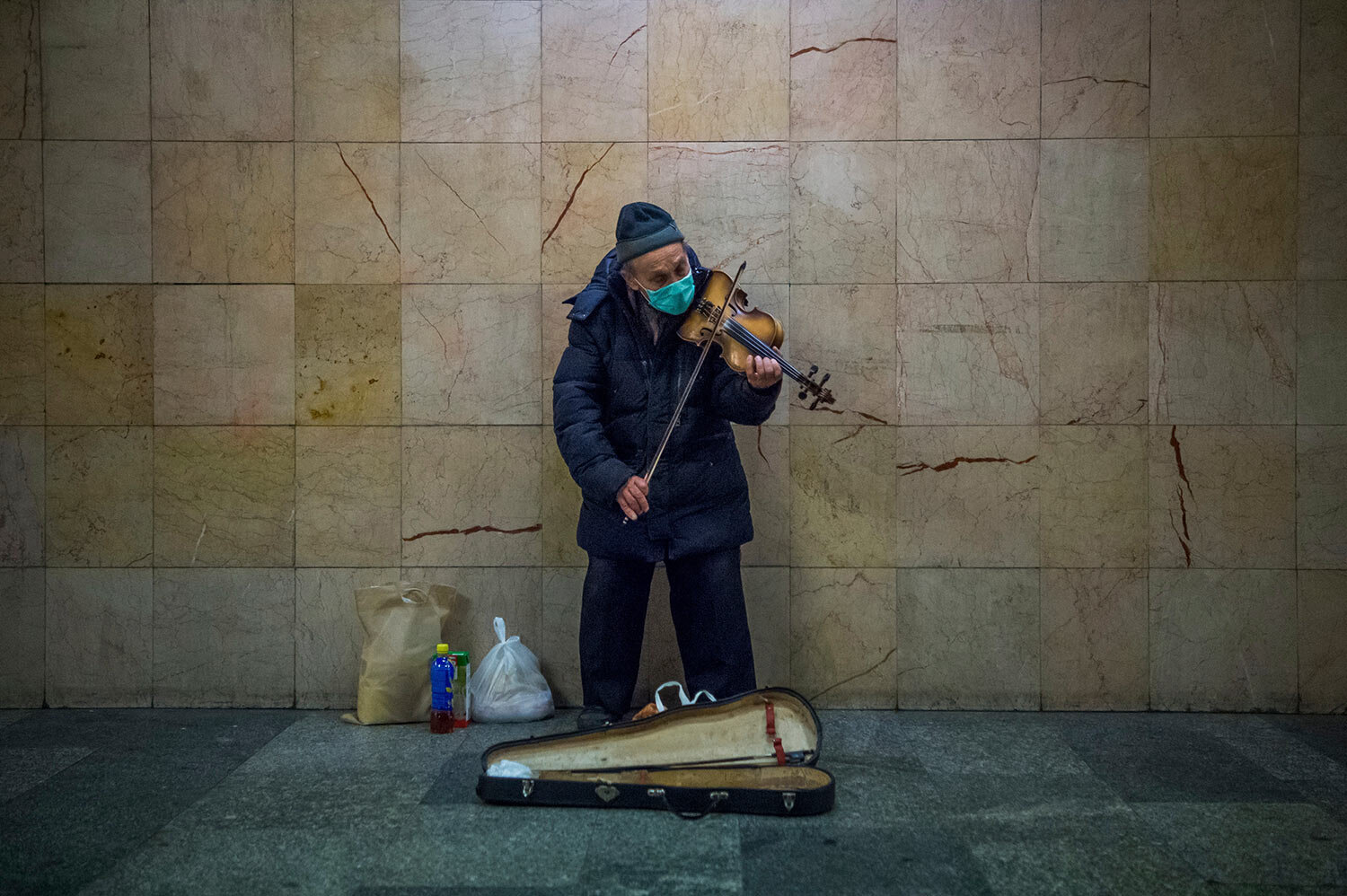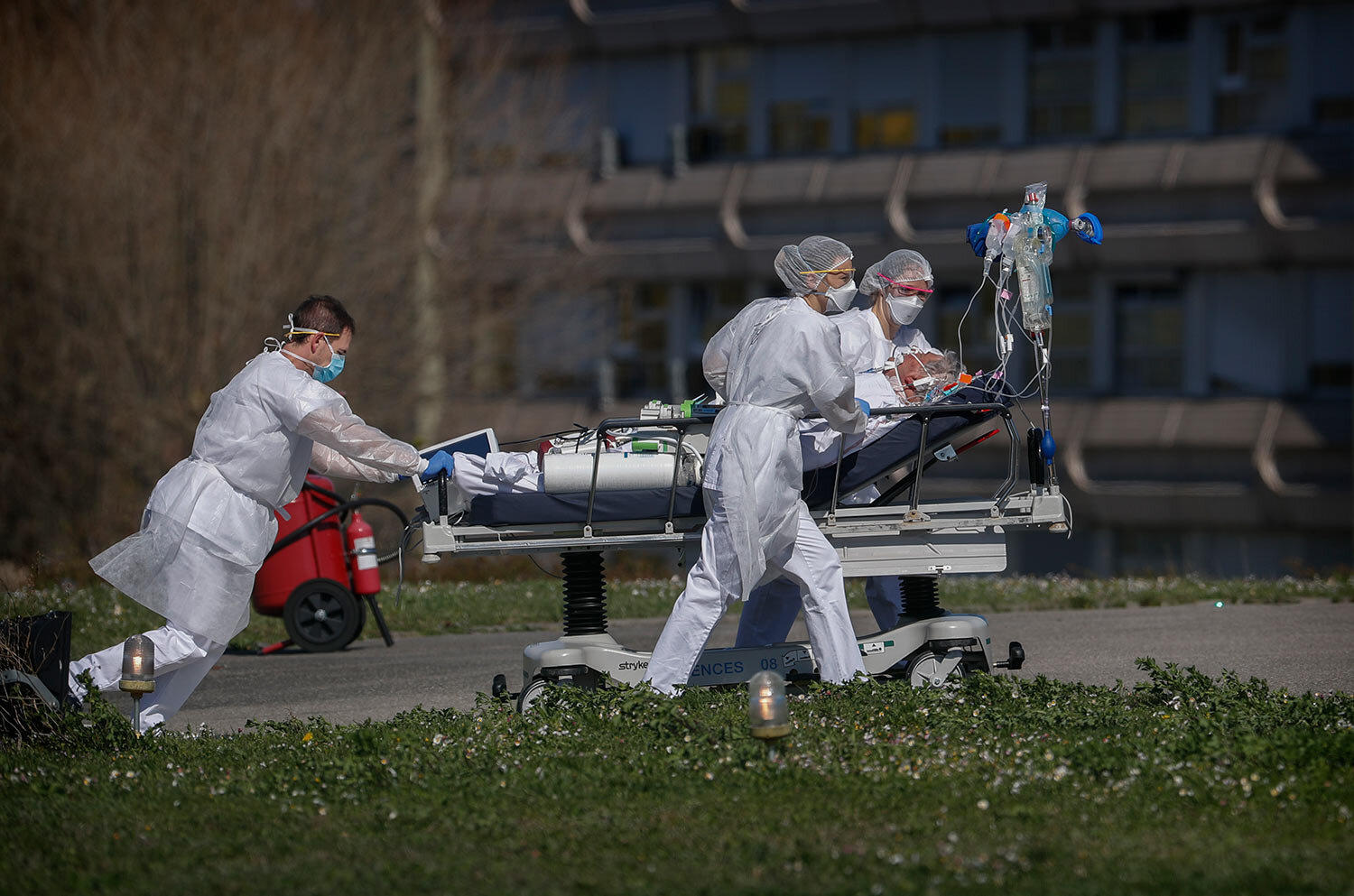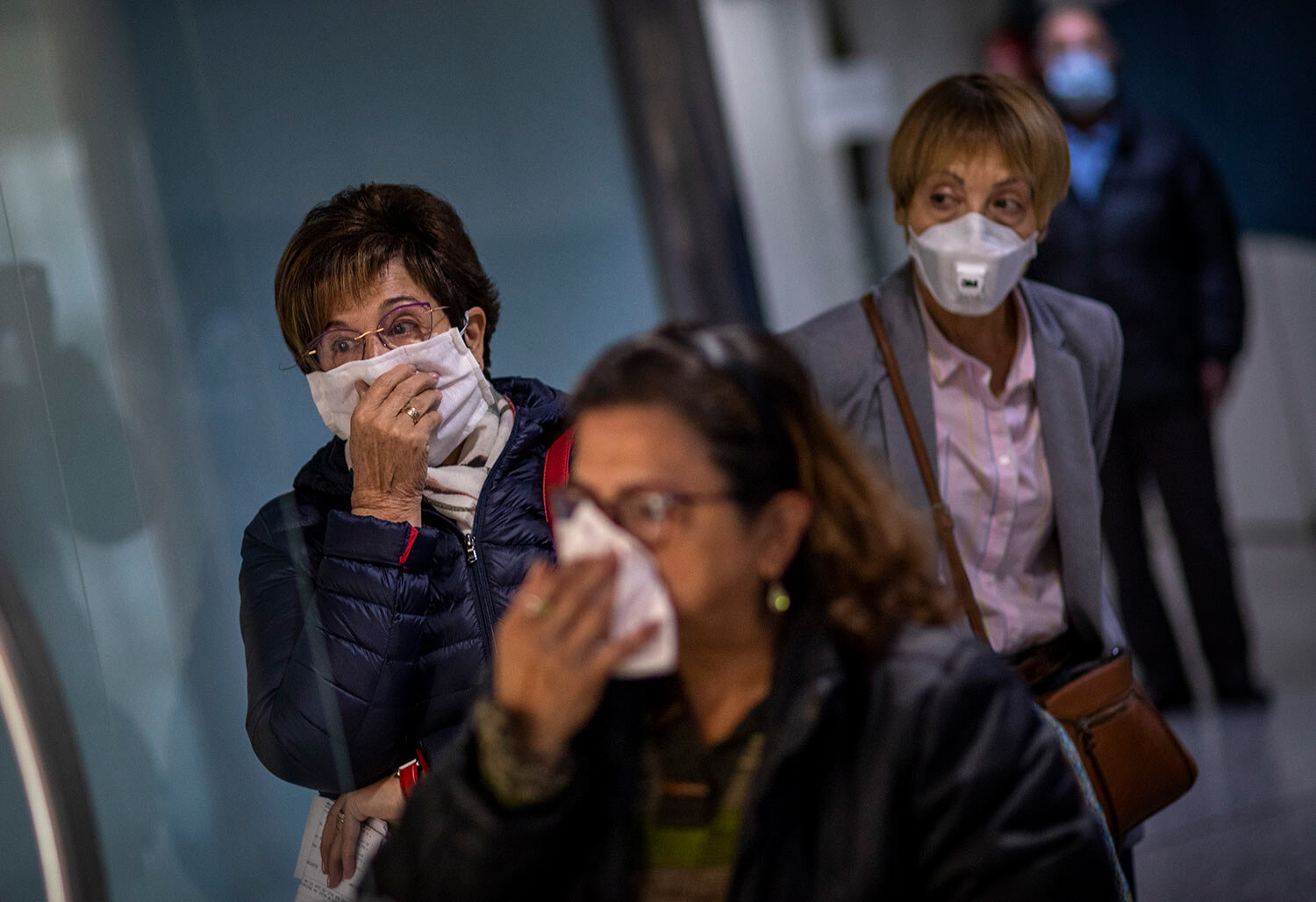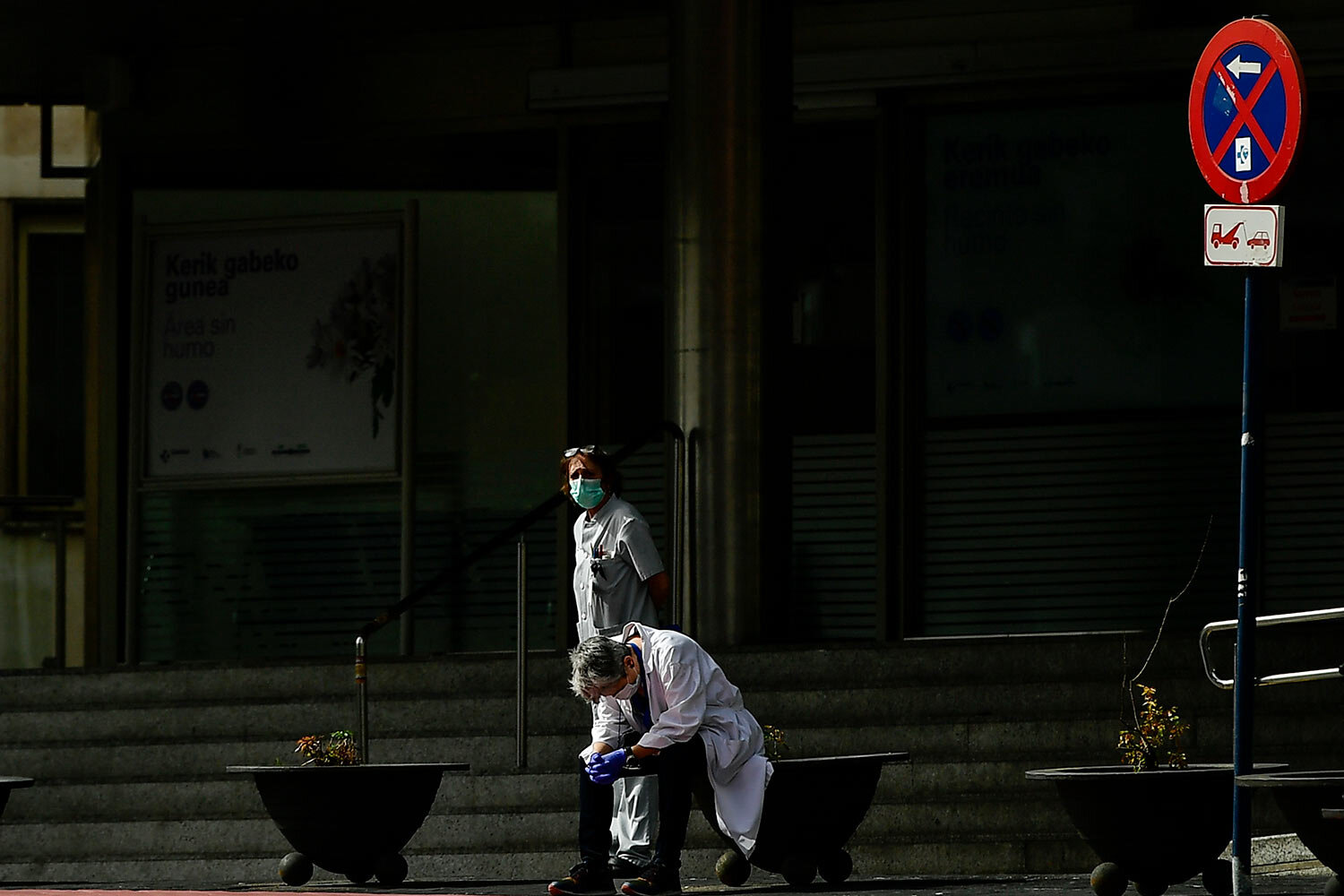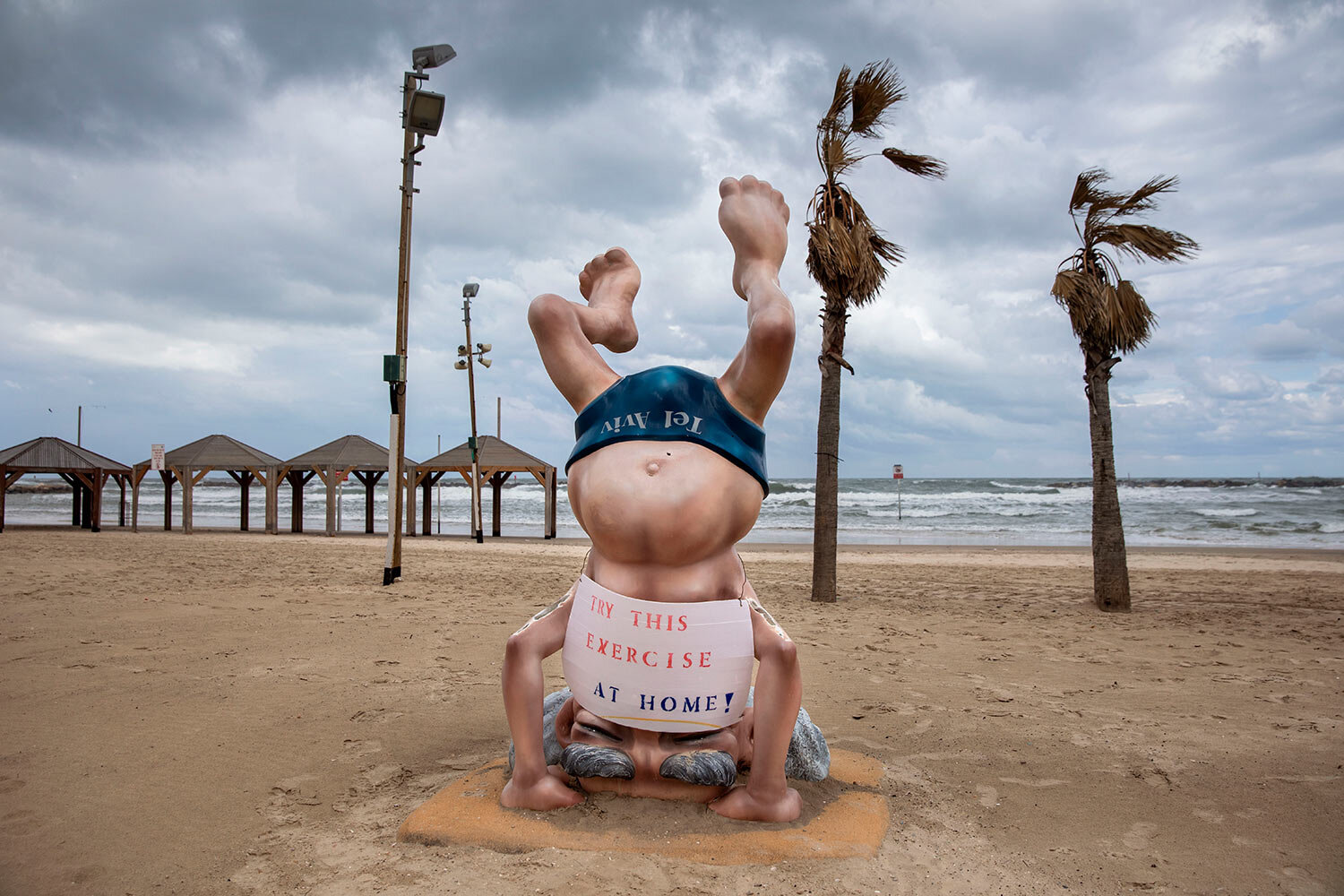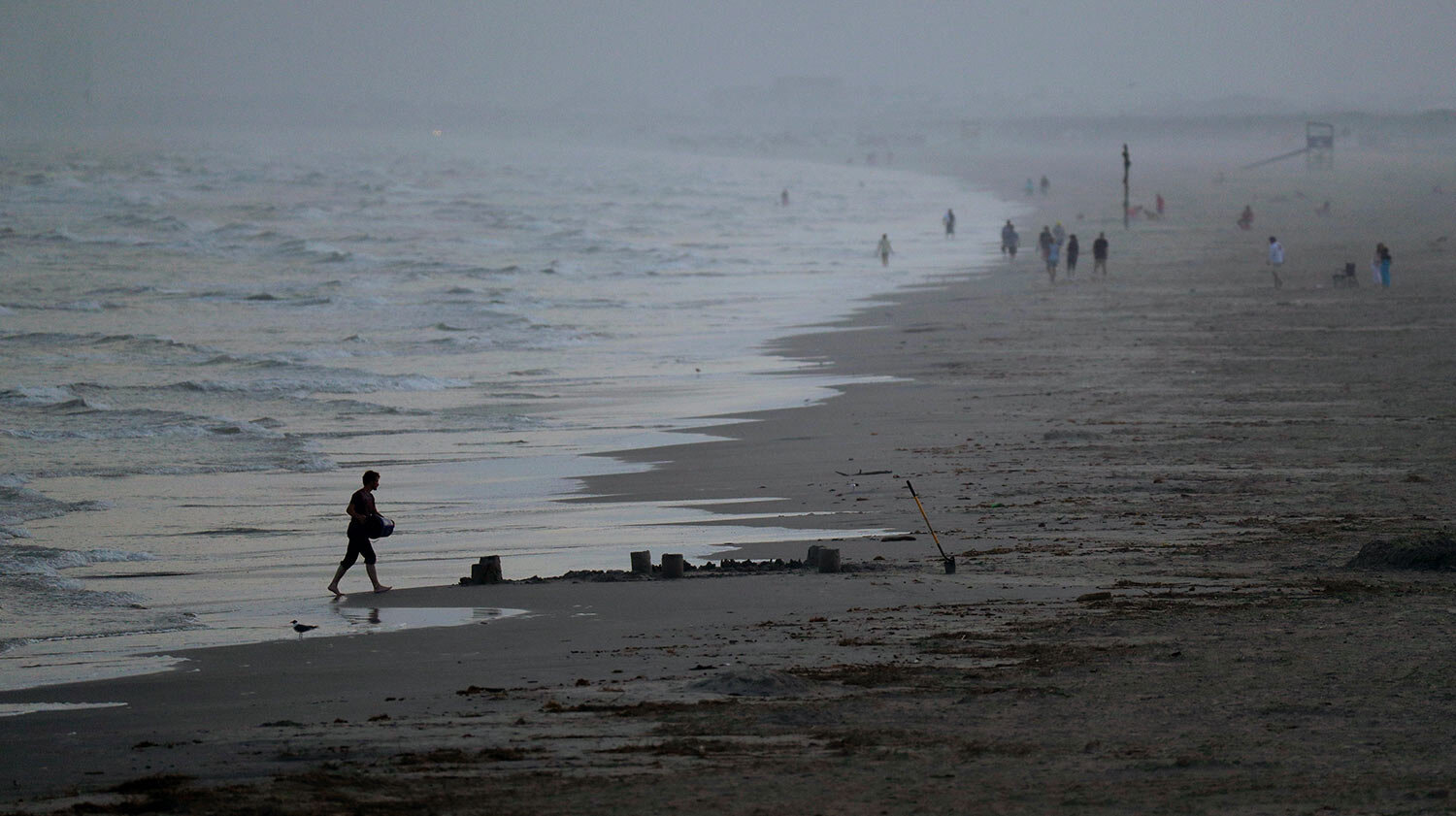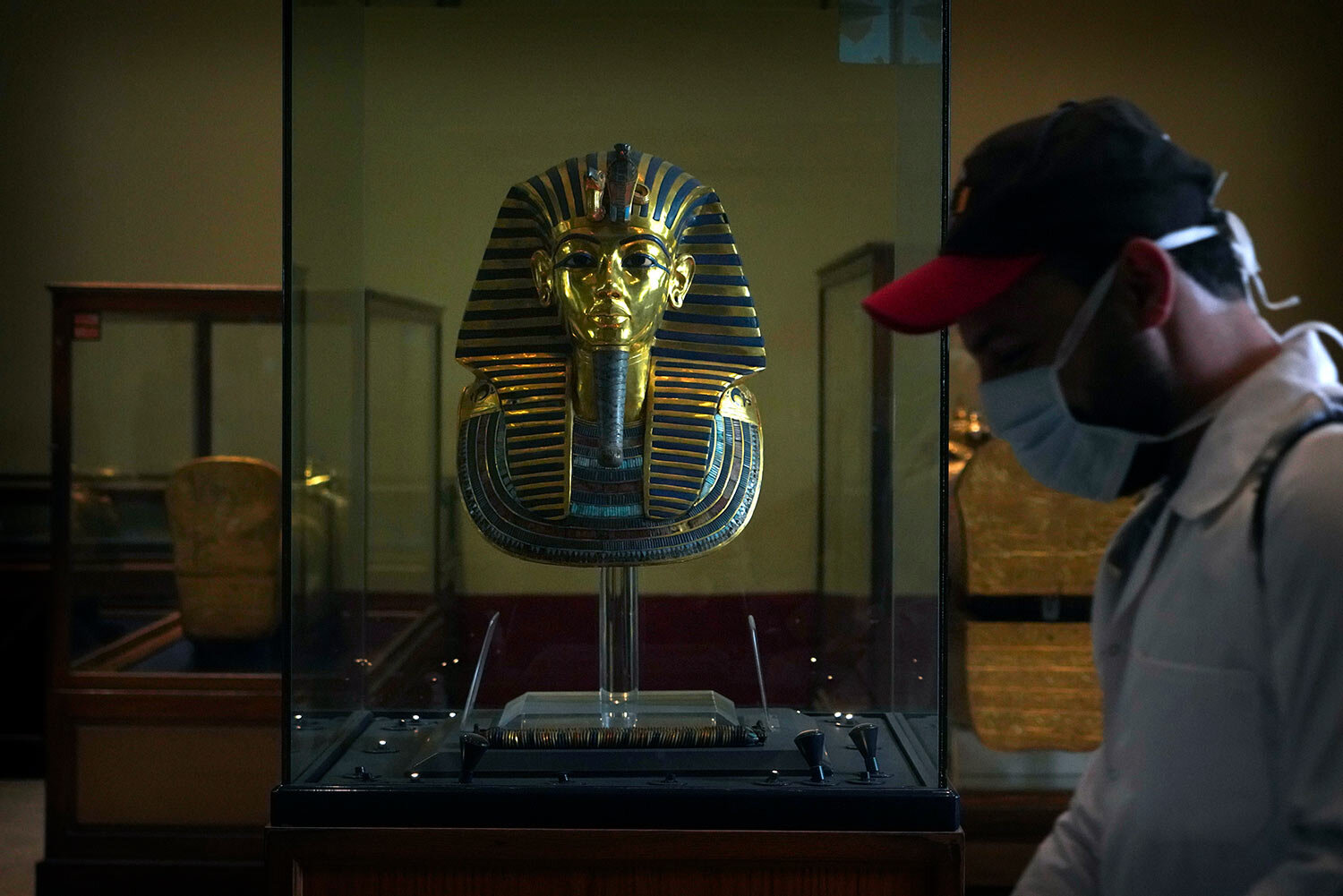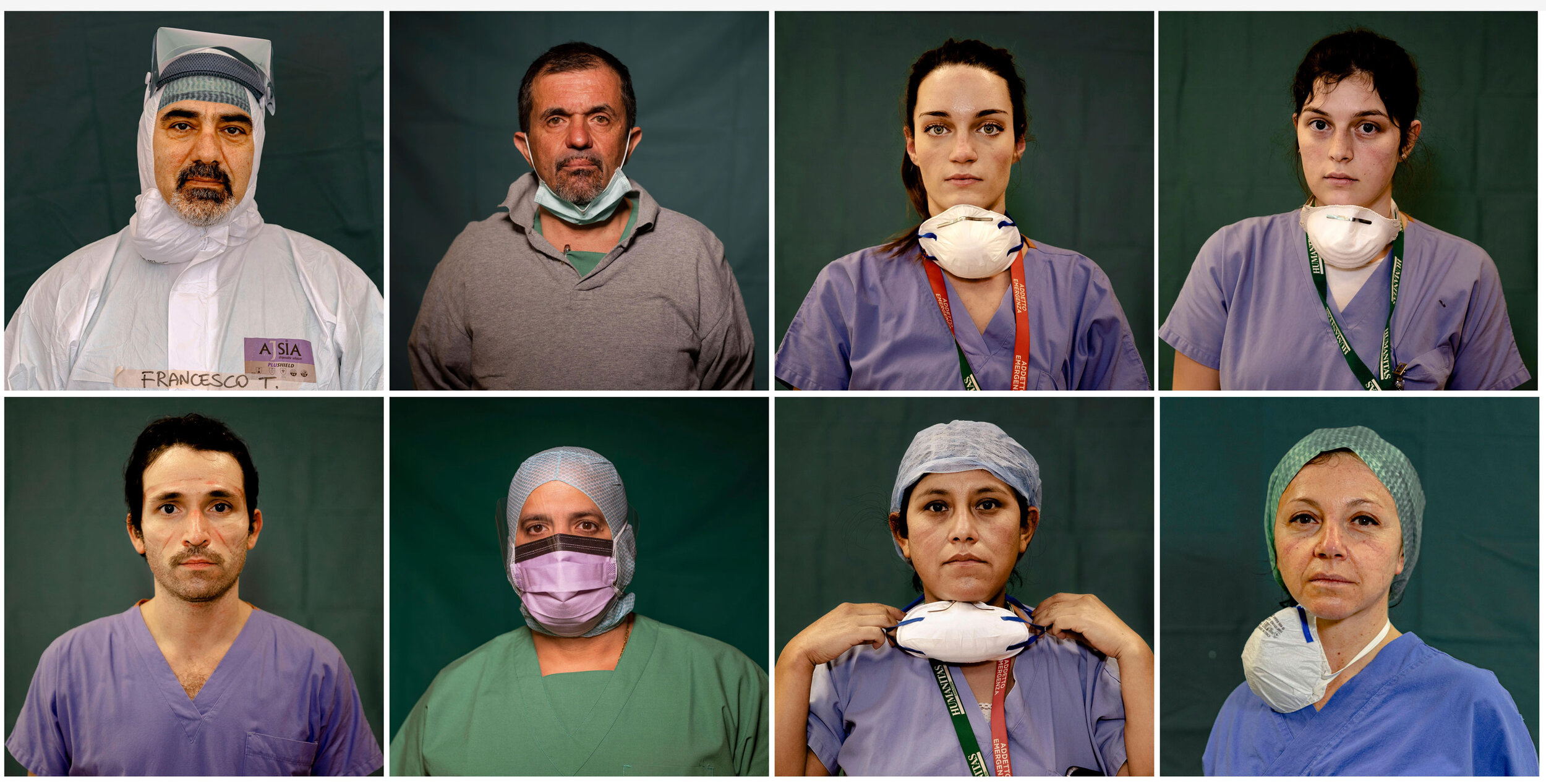Rapidly advancing coronavirus strains health care

Italian funeral workers wearing face masks place a coffin carrying the body of a 73-year-old woman into a van for direct transport to a cemetery, without a funeral.
In Spain, weary medical workers protest outside a hospital demanding more protective equipment after a colleague, a nurse, also succumbed to the new coronavirus.
These are the scenes playing out in different countries as health systems strain to cope with the rapidly spreading global pandemic amid a staggering rise in caseloads. Officials in the United States and elsewhere are scrambling to secure medical supplies and hospital beds, setting up makeshift hospitals in preparation for a surge of coronavirus amid shortages of masks and ventilators.
With places like Italy and Spain, two of the hardest-hit countries in Europe, essentially in lockdown, several U.S. states are now playing catch-up and ordering their own restrictions on movement to try to contain the virus. That leaves many workers and small businesses worrying about how they’re going to get by and urging the government to do more to support them.
Beaches, city squares, airports, monuments and other normally bustling spaces sat eerily empty around much of the world this week as millions heeded directives to stay home.
But in some other places that have yet to be hammered by the coronavirus, many people continued to go about their daily business, in some cases out of necessity because missing work makes it hard to put food on the table. In South Africa, for example, a Soweto commuter train was so packed that people clung to the outside just to catch a ride.
See more of AP's top photojournalism: Photography
Visual artist and Journalist


